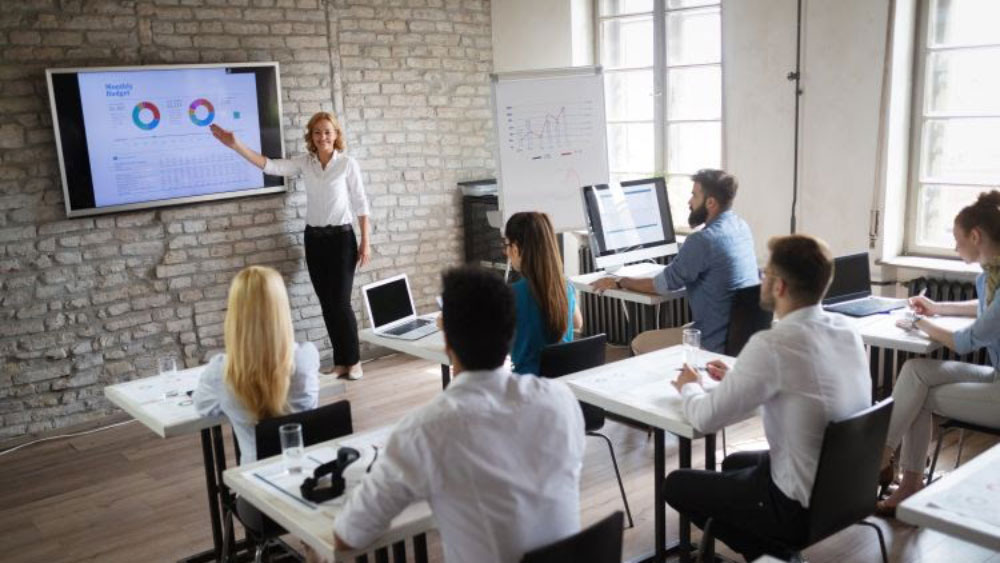
Image Source: Google
Reflection plays a vital role in the teaching and learning process as it allows both educators and students to pause, analyze, and evaluate their experiences. By taking the time to reflect on what has been taught and learned, both parties can gain a deeper understanding of the material and its implications. This process is crucial for effective learning and growth because it enables individuals to connect new information with their existing knowledge, make sense of complex concepts, and uncover misconceptions.
For educators, reflection provides an opportunity to assess their teaching strategies, lesson plans, and classroom management techniques. By reflecting on their practices, teachers can identify what worked well, what didn't, and what changes need to be made to improve student learning outcomes. This self-assessment process is essential for professional development and growth as it enables educators to continuously refine their skills, adapt to the needs of their students, and stay current with best practices in education.
Similarly, for students, reflection allows them to think critically about what they have learned, how they have learned it, and what they still need to learn. This metacognitive process helps students become more self-aware of their strengths and weaknesses as learners, identify their preferred learning styles, and set realistic goals for academic success. By engaging in reflection, students can take ownership of their learning, monitor their progress, and make meaningful connections between different topics and subjects.
Moreover, reflection fosters a deeper level of understanding and retention of knowledge. When students reflect on their learning experiences, they are more likely to internalize the information, apply it in real-life situations, and transfer it to new contexts. By connecting new knowledge with their prior experiences, students can construct meaningful connections, develop a more comprehensive understanding of the material, and enhance their problem-solving skills. This process of making connections and drawing conclusions is essential for long-term retention and application of knowledge.
Additionally, reflection promotes a growth mindset and resilience in both educators and students. By encouraging individuals to reflect on their successes and failures, educators can cultivate a positive learning environment where mistakes are seen as opportunities for growth and improvement. This mindset shift is crucial for fostering a culture of continuous learning, risk-taking, and innovation in the classroom. When students are encouraged to reflect on their mistakes, seek feedback, and try again, they develop resilience, perseverance, and a growth mindset that will serve them well in their academic and professional careers.
Furthermore, reflection enhances communication and collaboration skills in both educators and students. By reflecting on their teaching practices and learning experiences, educators can better articulate their ideas, provide constructive feedback, and engage in meaningful dialogue with their colleagues and students. This reflective communication process promotes a culture of collaboration, teamwork, and shared decision-making, which are essential for creating a supportive and inclusive learning environment.
In conclusion, reflection is an integral part of the teaching and learning process that promotes self-awareness, critical thinking, problem-solving, and a growth mindset. By encouraging educators and students to engage in reflective practices, we can enhance the quality of education, improve learning outcomes, and foster a culture of continuous improvement and innovation in the classroom. Reflection empowers individuals to take ownership of their learning, make meaningful connections, and develop the skills they need to succeed in school and beyond. As educators, it is our responsibility to cultivate reflective practices in ourselves and our students to create a more engaging, effective, and transformative learning experience for all.
